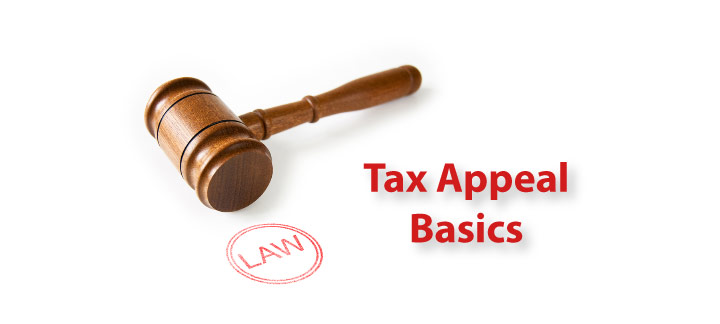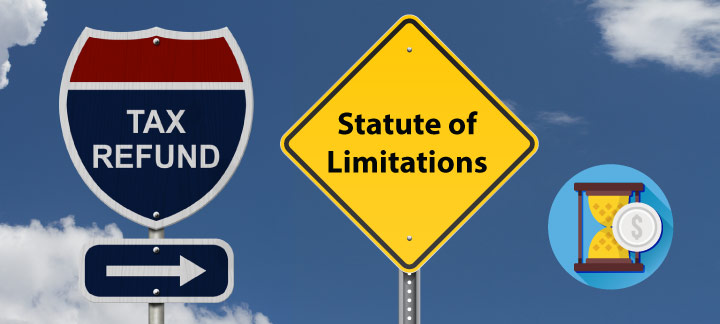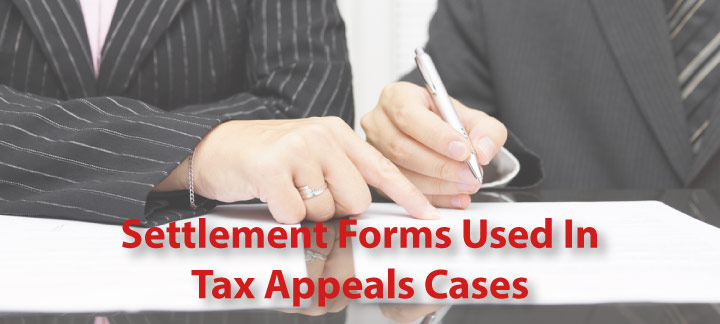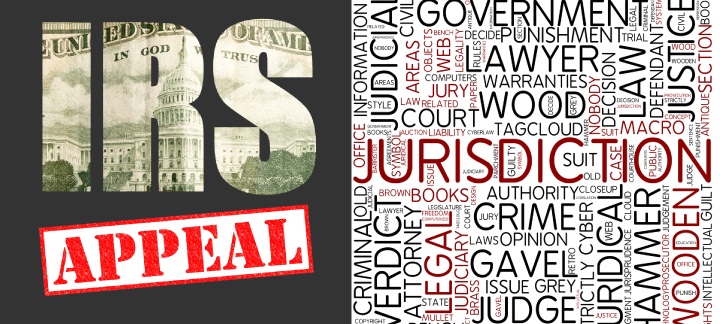Considerations For Making A Tax Appeals Settlement Offer
If you have reached the tax appeals stage and you are considering making a settlement offer to the Tax Appeals officer, there are certain things to keep in mind. As a general rule, Tax Appeals officers will give serious consideration to any good-faith attempt to settle the matter. A nuisance-value offer will simply be ignored. If you make a good-faith offer that the Tax Appeals officer believes is unacceptable, they may counteroffer or describe some other basis upon which your settlement offer might be accepted.











Comments (0)